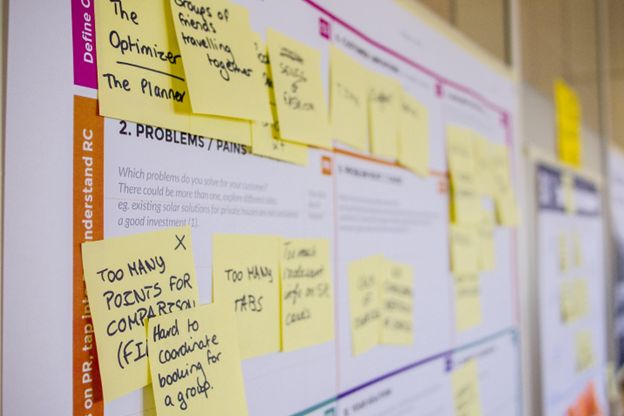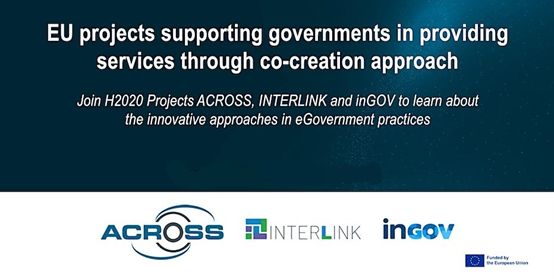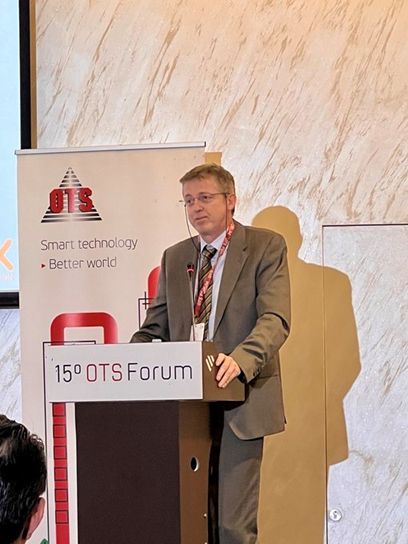Welcome to inGOV project website
About the project – Overview
The aim of the inGov project is to develop and deploy a comprehensive IPS holistic framework and ICT mobile tools that will support IPS co-creation and governance. The project will enhance and, where needed re-design, existing EU solutions, including EIF, EIRA, Core Vocabularies etc.
inGOV Final validation workshop highlighted key results, emphasizing citizen co-creation in public services
inGOV final validation workshop was held online on 30/11/2023 and several inGOV partners presented their key results within the project
EU Projects 4 eGOV – ACROSS, Interlink & inGOV Joint Webinar
inGOV actively participated in the “EU Projects 4 eGOV – ACROSS, Interlink & inGOV Joint Webinar” on December 6th, organized by the ACROSS project.
inGOV presentation at OTS forum 2023
Prof. Efthimios Tambouris gave an invited presentation titled “Exploitation of emerging technologies towards the digital transformation of the public sector” at 15th OTS forum.









